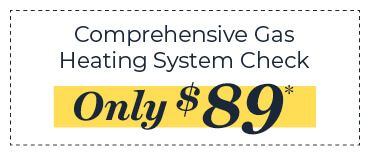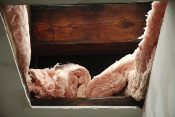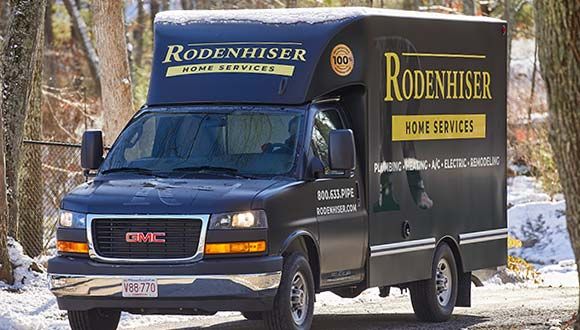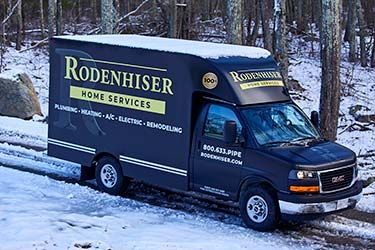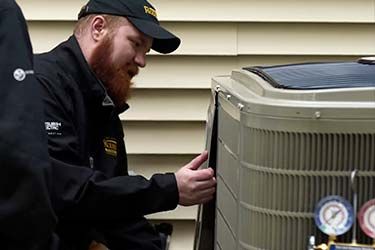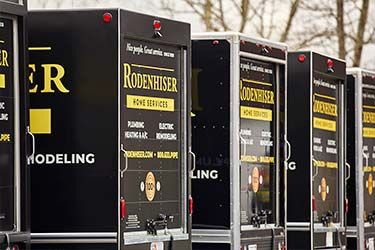Prepare For Winter With These Energy-Saving Actions
New England winters can be brutal and unforgiving. Lately, Mother Nature has thrown some hard punches in our area and we can never be sure what's ahead. So, it's best to start preparing now for the cold weather season. By doing a few energy-savings actions now, you can be prepared for the worst and keep energy costs as low as possible.
Here are a few tips that will keep the cold out, the heat in and your energy savings high. Check your home's:
Boost Your Home's Insulation With Well-Planned Landscaping
 Your home's insulation is an effective barrier against heat infiltration in summer and heat loss in winter. Proper landscaping can boost insulation, by helping it maintain indoor air temperatures. With fall an ideal time for planting, here are a few tips for improving the power of your home's insulation and reduce heating and cooling costs:
Your home's insulation is an effective barrier against heat infiltration in summer and heat loss in winter. Proper landscaping can boost insulation, by helping it maintain indoor air temperatures. With fall an ideal time for planting, here are a few tips for improving the power of your home's insulation and reduce heating and cooling costs:
The ECM Motor: How It Boosts Your HVAC System's Energy Efficiency
Today, many HVAC systems are no longer manufactured with the older Permanent Split Capacitor (PSC) motors, and instead use the new Electronically Commutated Motors, or ECMs. Motors are used in furnace fans, condensers, and air handlers, and HVAC systems with ECMs use less electricity and, therefore, get better energy savings.
How To Draw Up A Strategic Energy-Savings Plan
The goal to save energy in your home is a worthwhile one that will surely result in lower energy bills and a smaller carbon footprint. Here are a few steps you can to take to draw up a strategic energy-savings plan.
Lower Your Heating Load, And You'll Lower Your Heating Costs Too
Your “heating load” refers to how much energy your furnace has to create to keep your household warm. And there are many factors that influence the heat load. While you can’t control them all, you can certainly have a big effect. Here are a few ways to lower your heating load and save on energy costs this winter.
How To Take Charge Of Your Winter Heating Costs
It’s easy to take charge of winter heating costs, even if rising gas prices are out of your control. Take advantage of many ways you can reduce your heating bills that cost little or nothing to implement:
The Variable Speed Blower Motor: A System Component That Can Dramatically Influence Life Span And Efficiency
 Whether air is heated by your furnace, or cooled by your air conditioner, in most systems it passes through the furnace to cycle through the blower. The blower is the component that forces warm or cool air into your ducts, giving it the power to circulate throughout your house.
Whether air is heated by your furnace, or cooled by your air conditioner, in most systems it passes through the furnace to cycle through the blower. The blower is the component that forces warm or cool air into your ducts, giving it the power to circulate throughout your house.
Lower Home Heat Gain With One Easy, Proven Method
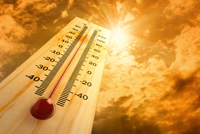 In the HVAC industry, the term "heat gain" is used to describe environmental conditions that raise the indoor temperature, thus forcing your air conditioner to work harder to cool down your home.
In the HVAC industry, the term "heat gain" is used to describe environmental conditions that raise the indoor temperature, thus forcing your air conditioner to work harder to cool down your home.
Energy Bill Breakdown: Understand What You’re Paying For to Help Reduce Costs
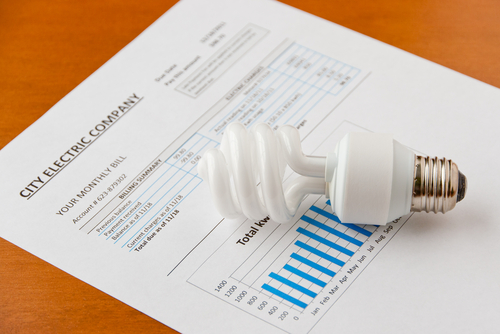 Are you looking for ways to lower your energy consumption? Before you can make energy-saving changes that will reduce your annual utility bills, you need to determine where the energy you're using actually goes. According to the federal Energy Star program, here's the energy bill breakdown for an average home:
Are you looking for ways to lower your energy consumption? Before you can make energy-saving changes that will reduce your annual utility bills, you need to determine where the energy you're using actually goes. According to the federal Energy Star program, here's the energy bill breakdown for an average home:



